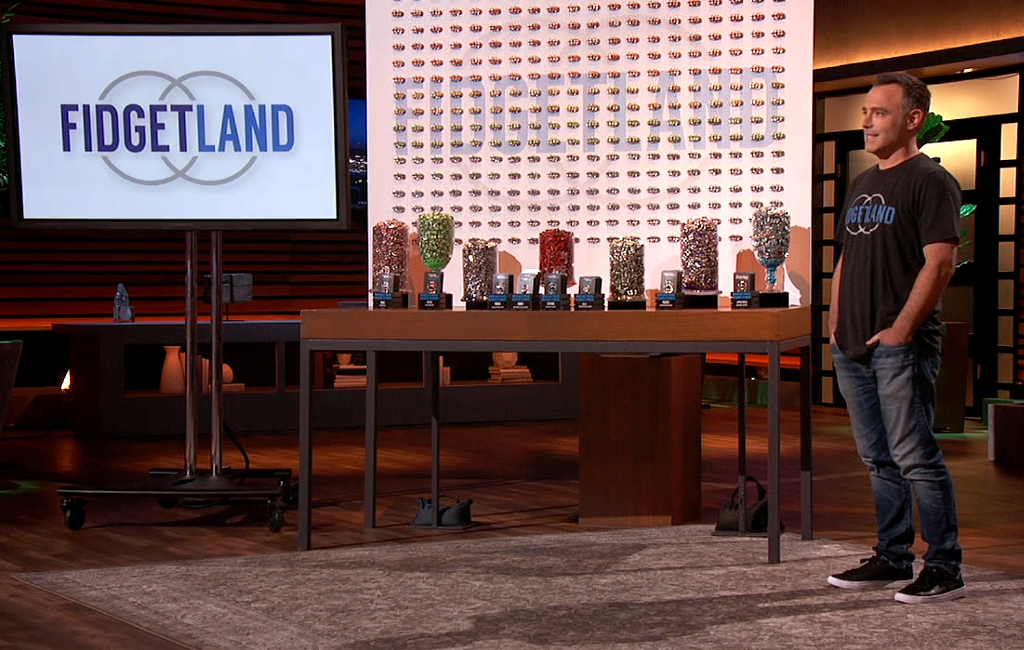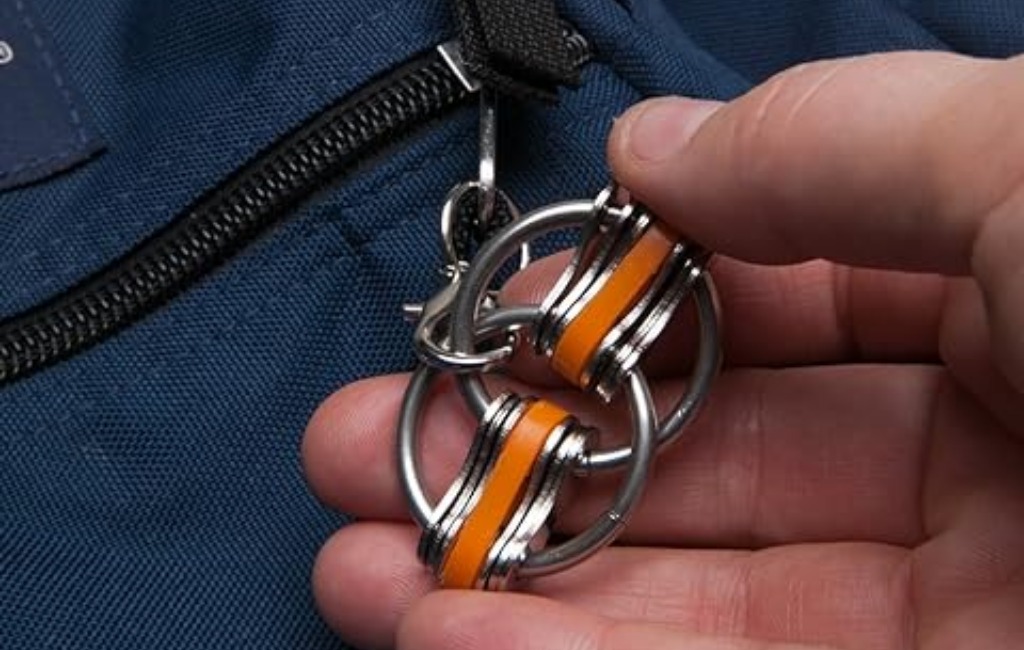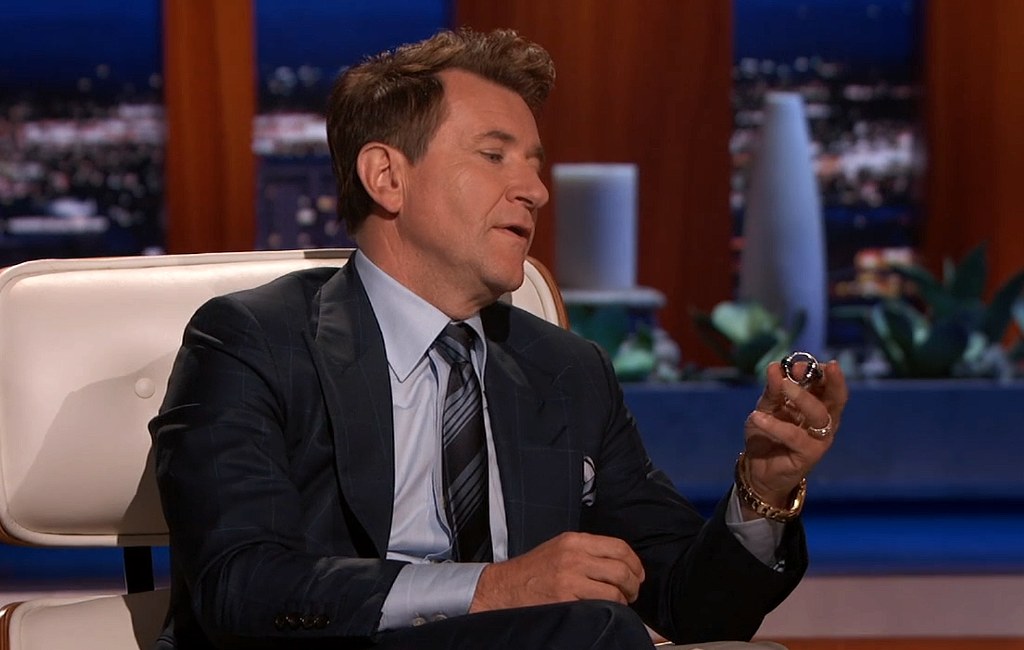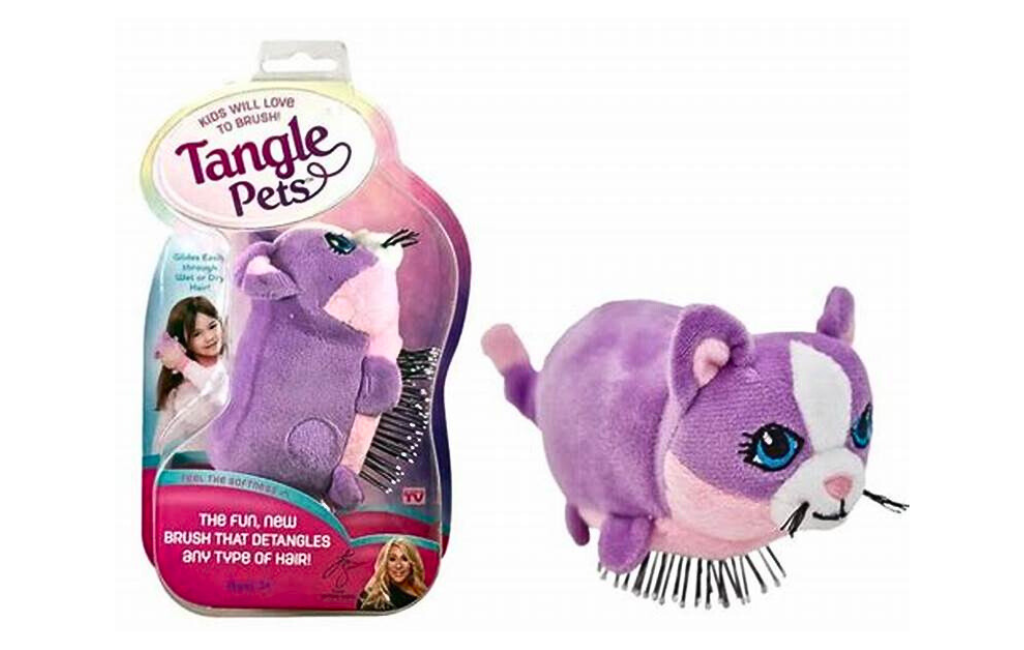Fidgetland – Fidget Toys


DEAL
EPISODE SUMMARY
🕓 Air Date: October 8, 2017
Asking For:
$50,000 for 10%
Investor:
Barbara Corcoran
Deal:
$50,000 for 20%
PRODUCT SUMMARY
Fidgetland offers discreet fidget devices designed to help people manage energy, focus, and stress without disturbing others.
WATCH HERE
IN A RUSH?
Click these to jump to the section you want to read.
Background Story
Jason Burns, also known as the Fidget Man from Fidgetland, started the company to address his own struggles with Attention Deficit Disorder (A.D.D.). Diagnosed in 11th grade, he faced challenges in focusing and managing excess energy. While working in the entertainment industry for over 20 years, Jason needed a solution to stop his knee from bouncing during meetings.

In 2007, he created his first fidget using a bike chain and key rings, leading to the inception of Fidgetland. The discreet fidget devices are not only beneficial for A.D.D. but also cater to individuals with autism, Asperger’s, Tourette’s, stress, and anxiety.
The Product
Fidgetland’s products, available in eight different models, are designed to help users discreetly manage excess energy and maintain focus without being disruptive. The devices, priced between $8 and $15, have a manufacturing cost ranging from $1.35 to $2.69, providing an 80% markup.
With over 50,000 units sold, generating more than $500,000 in sales, the fidgets have gained popularity through word of mouth and online sales. The discreet nature of the fidgets makes them suitable for various users, contributing to the product’s versatility.
Currently, Fidgetland operates primarily online, with about 85% of sales coming from their website and Amazon. The company is exploring digital marketing to further expand its reach.
Jason quit his previous career to focus on Fidgetland full-time and expects a net profit of $175,000 this year. While there are competitors in the market, Fidgetland’s unique approach and proven effectiveness contribute to its success.

How It Went
The company’s position before Shark Tank
Fidgetland has achieved commendable success, with sales surpassing $500,000 and a net profit projection of $175,000 for the current year. The company’s growth has primarily been fueled by word of mouth and online sales, with 85% of revenue generated through their website and Amazon. Jason’s decision to hire a digital marketing company indicates a strategic shift toward targeted advertising to enhance brand visibility.
Despite the niche market focus on A.D.D. and related disorders, Fidgetland aims to broaden its appeal. The company’s founder, Jason Burns, brings a personal connection to the product, having overcome his A.D.D. challenges and pursued a successful career in the entertainment industry before dedicating himself to Fidgetland full-time.

Fidgetland’s commitment to discreet, effective fidget devices has garnered over 50,000 satisfied customers. Jason’s decision to accept Barbara’s offer aligns with the company’s growth strategy, especially with her understanding of the target market due to her child’s A.D.D. The company’s decision to invest in advertising signals a proactive approach to scaling the business beyond its current success.
The Negotiations:
Jason entered the Tank seeking $50,000 for 10% equity, presenting Fidgetland as a solution for managing A.D.D. and related disorders discreetly. Kevin and Mark opted out, citing the product’s niche nature and their limited ability to contribute to its growth. Lori, while appreciating the product, also decided to pass, stating that fidgeting wasn’t her preference. Barbara offered $50,000 for 20% equity, with Barbara emphasizing her personal connection to the cause.

But Robert quickly undercut her, proposing a $50,000 investment for 15% equity. Barbara, sticking to her offer, refused to match Robert’s terms. Ultimately, Jason accepted Barbara’s offer of $50,000 for 20% equity. Barbara’s personal connection to A.D.D. and her advocacy for individuals with learning disabilities aligned with Jason’s vision for Fidgetland’s growth.
The negotiations showcased the Sharks’ different perspectives, with Robert emphasizing marketing, Barbara focusing on the cause, and others opting out due to personal preferences or perceived limitations in contributing to the business.







